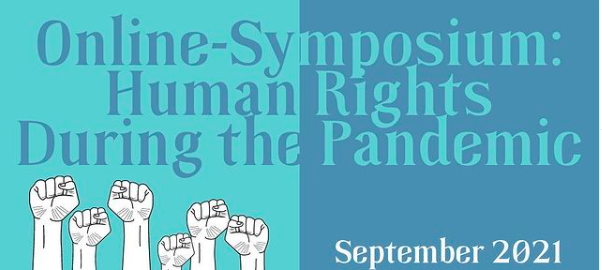The week starts with the next contribution to our Symposium „Human Rights during the pandemic“. Michelle Ariana Ospina Giraldo explains how the sudden shift of many
Weiterlesen

The week starts with the next contribution to our Symposium „Human Rights during the pandemic“. Michelle Ariana Ospina Giraldo explains how the sudden shift of many
Weiterlesen
Dissecting the Safe Harbor Decision of the ECJ [Note: For a broader overview on the topic look at our recently published Saar Blueprint by Oskar
Weiterlesen
The difficulties of information management for intermediaries By Oskar Josef Gstrein[1] A. Introduction “The medium is the message”.[2] This phrase coined by the Canadian philosopher
Weiterlesen